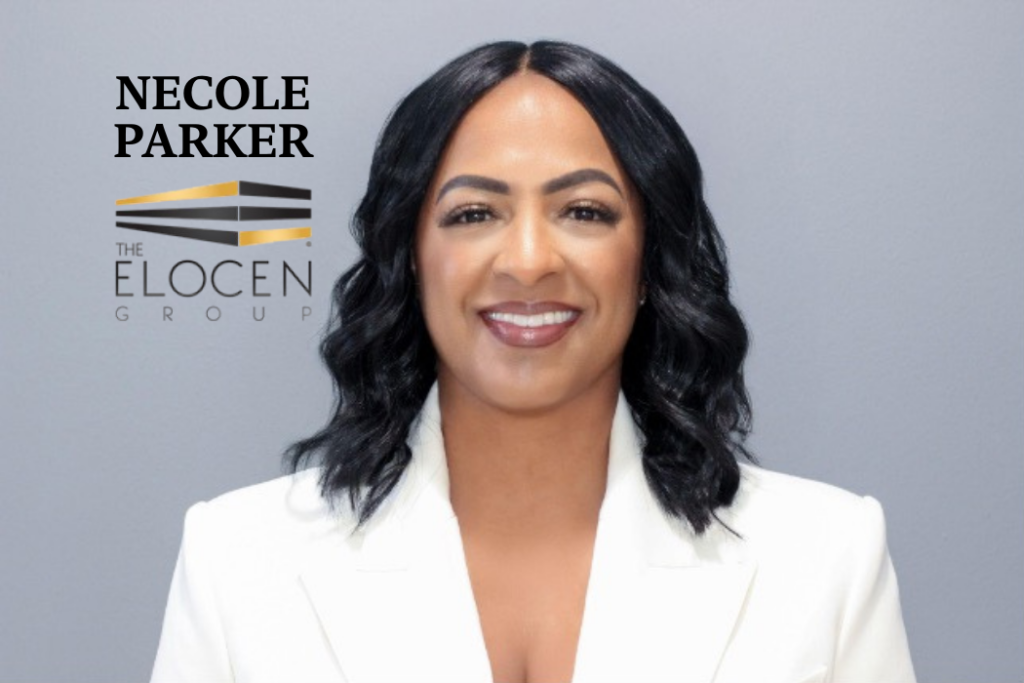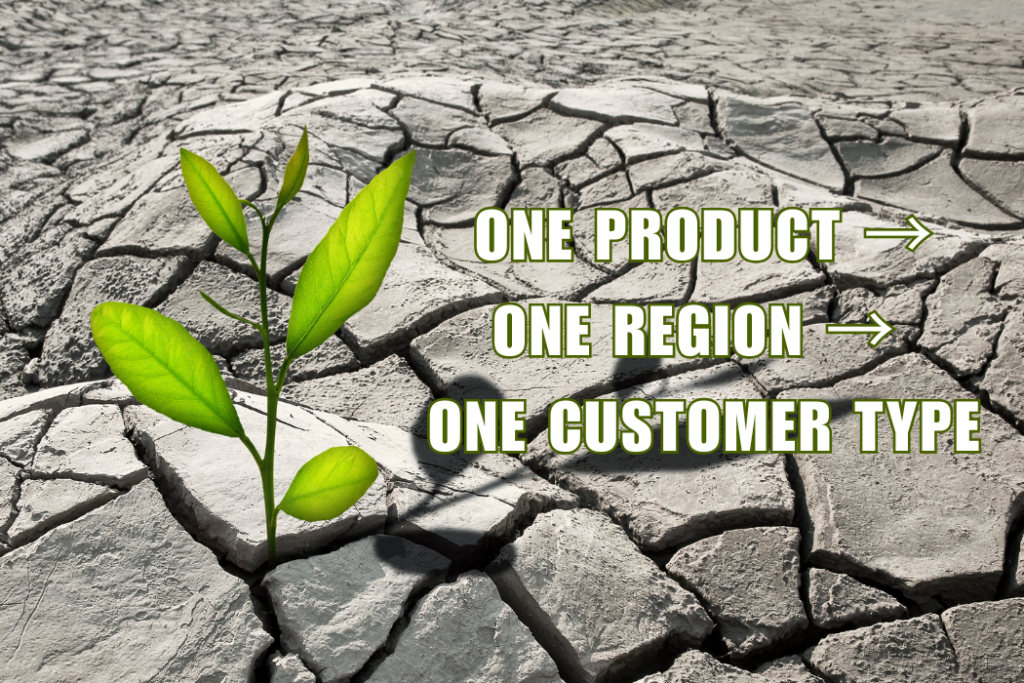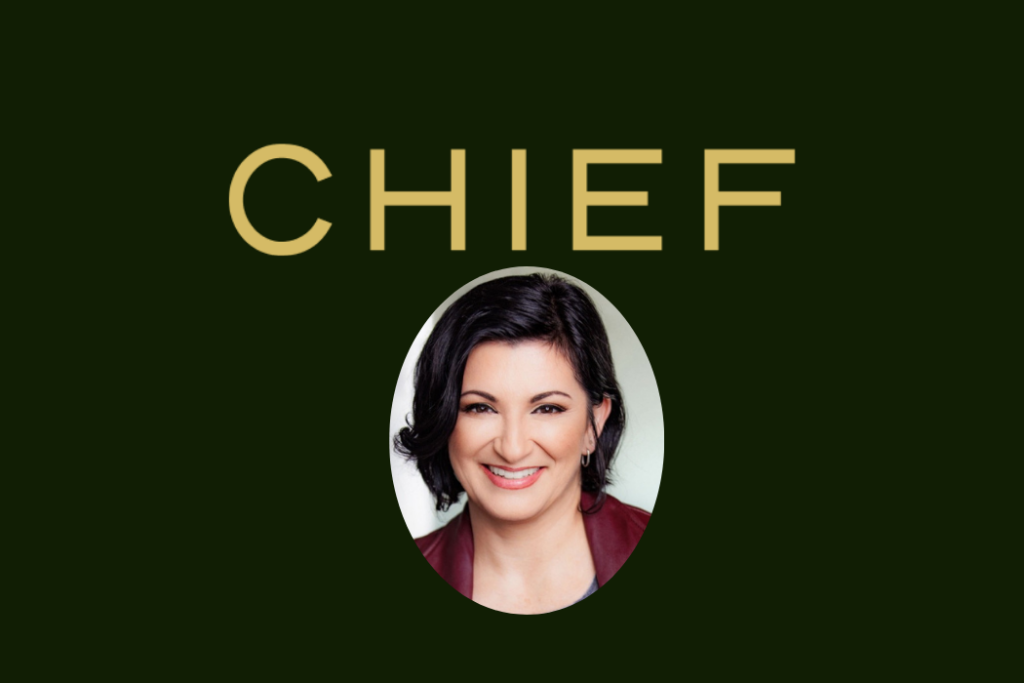
Sometimes, life feels like it’s a series of events that are often beyond our control. We’re faced with war in the Middle East, high interest rates, and what seems like so many other chaotic elements.
Life is unpredictable, we don’t know what’s going to happen next. The question is: Do these changes and events impact you in a positive or negative way?
If you are prepared, you can soften the blow of a negative impact. For example, if you have flood insurance, you’ll be protected in the event of a flood. Most homeowners’ insurance excludes water damage from a flood.
If you have flood insurance, you are covered for all types of flooding. Flood insurance policies cover structural damage, including damage to a furnace, water heater, air conditioner, flooring, and debris clean up.
If you don’t have flood insurance, you won’t be prepared, and things will be a lot worse. You’ll have to pay all costs and expenses out of pocket. Insurance companies will also help you access qualified resources.
So, how do we prepare ourselves financially for whatever life may bring us?
We can change the way we think about money to empower ourselves. We can take control, meaning developing confidence to handle any situation.
Changing the way you think about money includes thinking about your goals first, rather than a particular product. For example, if you are setting up a rainy day fund to be prepared for an unforeseen event, you’ll want to keep your cash liquid. You’ll want to avoid illiquid investments like Bitcoin.
It also involves analyzing and understanding the strengths in what you’re purchasing, such as health insurance. If you understand your health insurance options, you will feel more confident with your coverage. You will then have the coverage in place in the event of a medical emergency.
The world of money often feels like people are speaking a foreign language. Learning how to speak “money” will help build confidence and help you have the right products and services in place for you.
Once we understand the foundations above, we can follow a set of guidelines that will help you stay in control of your money—all of the time. These guidelines are embedded in the following habits:
- Don’t panic. Make a solid plan and stay focused on it. If you haven’t done so yet, it’s never too late to start. While there are definitely advantages to starting early, the best day to start is today. The past is not important—what is important are the decisions that you make going forward.
- Look at your financial picture as a whole instead of zooming in on one aspect, especially in times of chaos. Once you have gathered all your information and have a good overview, you’ll be able to see how everything fits together. You’ll also have a better sense of how you can be prepared for chaos. For example: Do you have high-interest credit card balances? Can paying these down offset the impact of market fluctuations?
- Know your goals and the values that underlie them. When chaos hits, ask: Does this change my goals or values? If not, sit tight, wait it out, and focus on the things you can control. Aligning your money with your values will help you feel empowered by your choices. Your values represent who you are.
- Make choices only after learning about all of the options and the fine print of each one. This is the basis for a solid financial plan that will serve you well in good times and bad times. If you understand the options rather than just signing on the dotted line, you’ll understand how, exactly, chaos can impact (or not) your choices.
- Once you’ve made a choice, stick with it over time, making dates with yourself to re-assess and re-visit each one, if needed.
- Be consistent throughout the year about reviewing the elements of your financial life, as well as making changes and updates wherever needed. I recommend taking one small step a week, every week of the year.
These guidelines can be applied to any financial situation. You’ll know how to approach any unfamiliar situation because you have techniques rather than just disparate pieces of knowledge. You’ll have a strategy rather than just tactics.
The most important thing that you can do is to be curious and ask questions about financial products, their purpose, their fees, their risks and what they will accomplish for you in the short and long term. Asking questions will help you learn more about something. Knowledge helps you take control of an event. The more you know about something, the more comfortable you become.
For example, if you’ve bought an Exchange Traded Fund that’s in line with your risk tolerance, aligned with your values, and helps you with your goals you’ll know that you have asked the right questions and gathered the necessary information. This will help you feel in control when the stock market takes a downturn because you will be confident in your informed decision.
Chaos will always happen. The key is to get, and stay, in control of your own financial life and keep your cool, knowing that you’ve laid the groundwork for stability over time.













